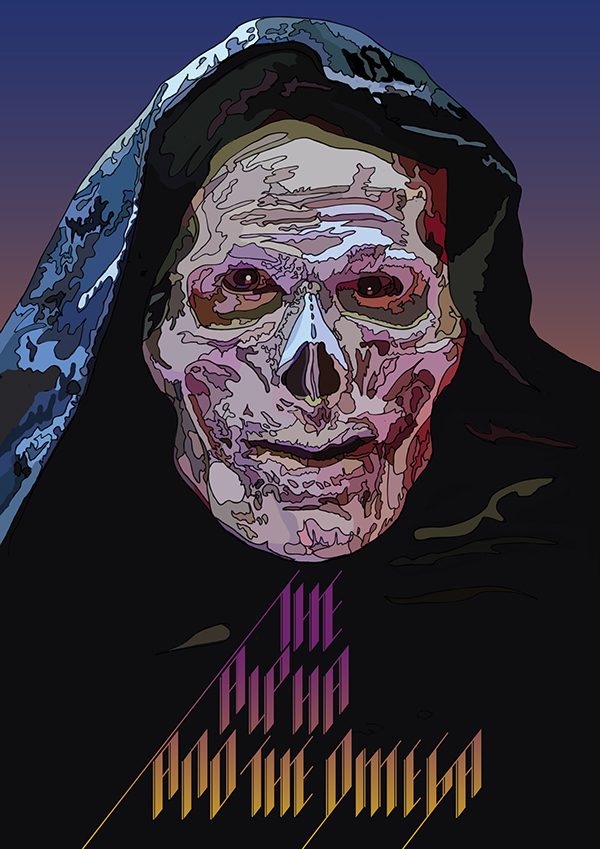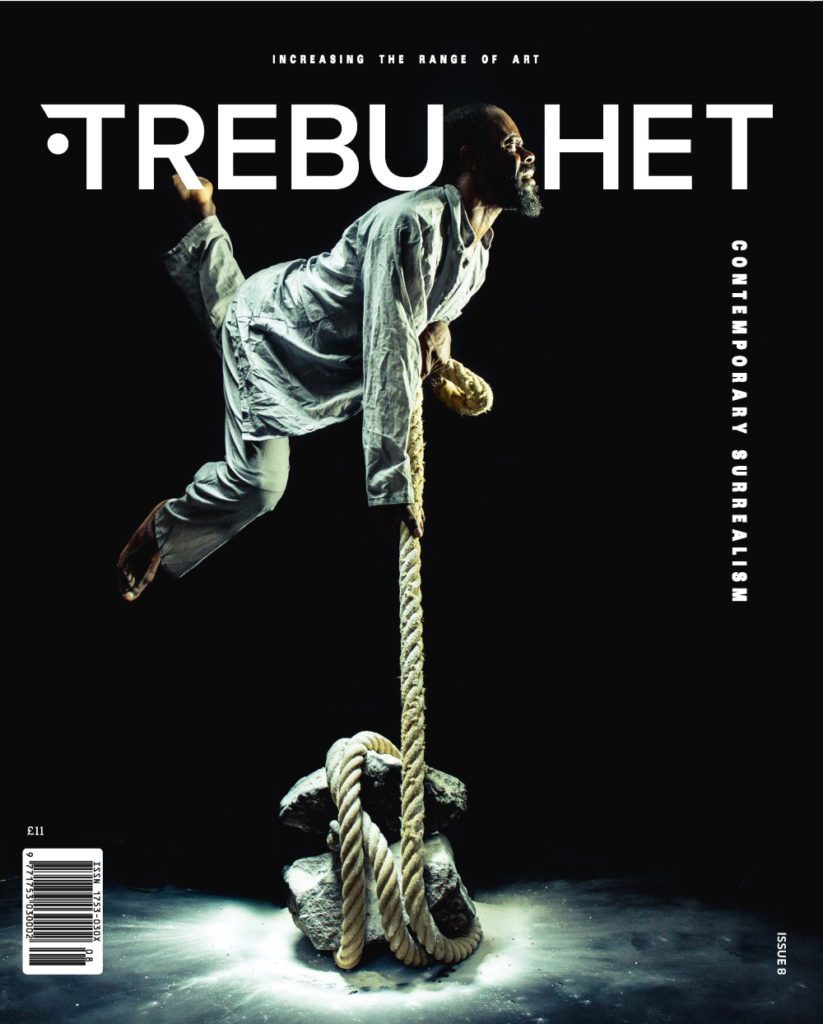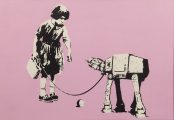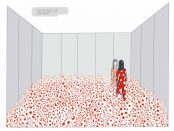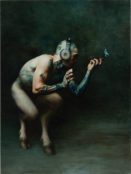“It was in the black mirror of anarchism that surrealism first recognised itself.” – André Breton
[dropcap style=”font-size:100px; color:#992211;”]R[/dropcap]eactionary surrealists are driven by an apocalyptic imagination without limits. In what we now think of as the postmodern era, commencing perhaps around the time of the early 1970s oil shock, apocalyptic cultures were the preserve of the self-marginalising underground. Extreme artists and musicians may not have called themselves surrealists, but they were often inspired by surrealism and concerned to manifest the social and political unconscious.
Surrealist Realism
The aim was to destabilise consensus reality in order to expose hidden undercurrents. This would apply to artists associated with the mid-1970s birth of industrial culture, particularly Throbbing Gristle, but also the dada-inspired Cabaret Voltaire. Yet the shock tactics of such groups can now be seen to have been prophetic, and in our neo-feudal era, such tactics have been weaponised on an ‘industrial’ scale.
“What is admirable about the fantastic is that there is no longer anything fantastic: there is only the real.” – André Breton (1924)
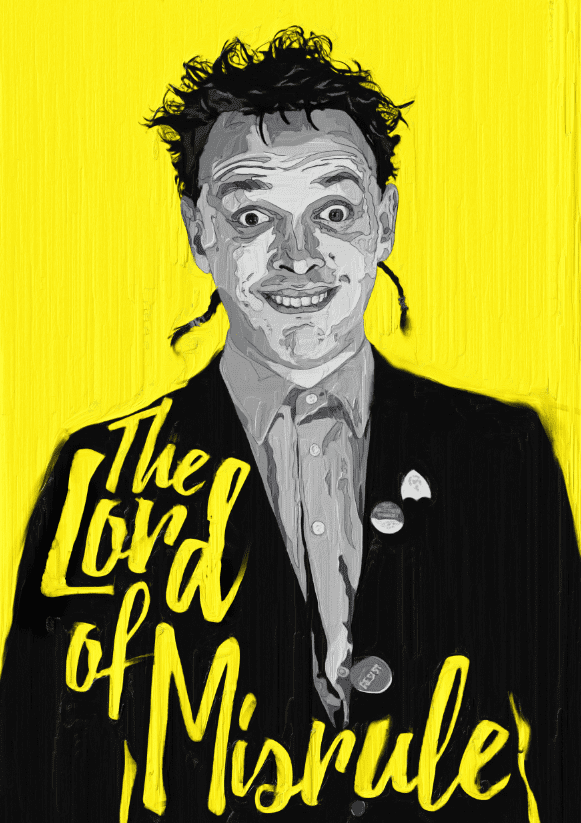
In 2009, the writer Mark Fisher diagnosed the previous stage of our present cultural malaise, which he termed ‘capitalist realism’. He despaired at a situation in which alternatives to market rule and endemic cultural decline had been eradicated or were dismissed as fantastic (think for instance of how even Ed Milliband’s tepid, cautious social democratic policies were labelled unrealistic or even catastrophic). Fisher’s diagnosis was repeatedly vindicated by political and cultural events leading up to the 2016 Brexit referendum and the rise to power of Donald Trump.
Since these seismic events though, capitalist realism and neo-liberalism have, like so many others, including reality itself, become insufficient and impoverished terms. They now seem like consoling fictions from a kinder, gentler era. Following the seizure of power by the Johnson regime in 2019, we have moved from neo-liberalism to open neo-feudalism, and from capitalist realism to what I can only term surrealist realism. Surrealist realism is animated by the Brexit (anti)-logic of ‘taking back control’, yet it does so only in order to create a new order in which its practitioners and followers are encouraged to lose control; to ignore and attack ‘mainstream reality’ and to give full, uncensored expression to the darkest and strangest desires of what cultural critic Fredric Jameson (1981) calls the political unconscious. While the life choices and freedom of expression of the main mass of the population are to be curtailed, those inside the chosen neo-feudal circles are allowed a freedom of thought and action that even a few years ago would have seemed unthinkable. It builds on the denial of progressive alternatives enforced by capitalist realism while allowing for an infinite (and deliberately surreal) proliferation of uncensored right-wing alternatives.
Lead image: Joe Eden, Politics, 2018

From Speak and Spell to Laibach.

